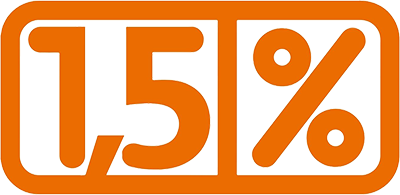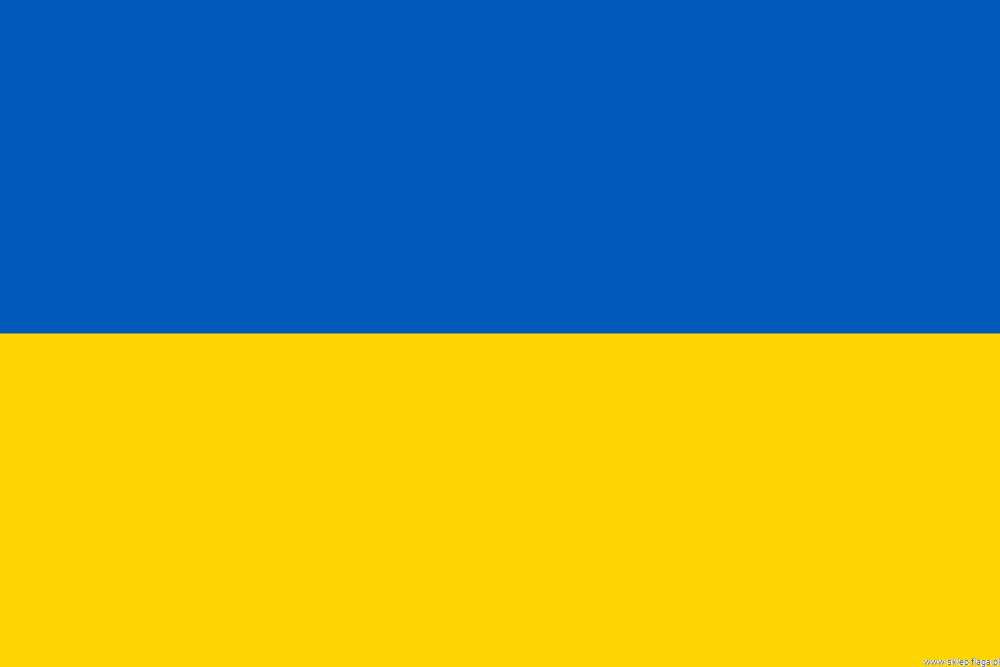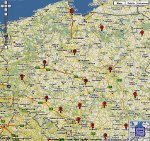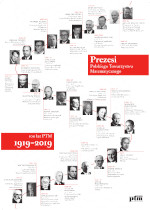- Członkostwo
- Wydarzenia
- Nagrody i konkursy
- Nagrody główne PTM
- Nagroda dla młodych matematyków
- Międzynarodowa nagroda im. Stefana Banacha
- Konkursy studenckie
- Konkurs im. Witolda Wilkosza na najlepszą studencką pracę popularyzującą matematykę
- Konkurs prac studenckich z matematyki im. Józefa Marcinkiewicza
- Konkurs prac studenckich z rachunku prawdopodobieństwa i zastosowań matematyki
- Konkurs im. A. Z. Krygowskiej na najlepszą pracę studencką z dydaktyki matematyki
- Inne konkursy
- Regulaminy
- Galeria
- Wydawnictwa
- Wyszukiwanie
- e-płatności
Zmarł Krzysztof Gawędzki (1947-2022)
W dniu 21 stycznia 2022 roku (w wieku niespełna 75 lat) zmarł w Lyonie we Francji profesor Krzysztof Gawędzki, fizyk matematyczny, wybitny specjalista w zakresie kwantowej teorii pola. W przeszłości Krzysztof Gawędzki pracował w Katedrze Metod Matematycznych Fizyki Uniwersytetu Warszawskiego. W 1986 roku był zaproszonym mówcą na Międzynarodowym Kongresie Matematyków w Berkeley. W 2022 roku został laureatem Dannie Heineman Prize for Mathematical Physics, przyznawanej wspólnie przez American Physical Society i American Institute of Physics.
kj / 24-01-2022
Poniżej nota biograficzna z portalu American Institute of Physics.
Krzysztof Gawędzki (born 02-07-1947 in Żarki, Poland) received his Ph.D. from the University of Warsaw in 1971 under Krzysztof Maurin, and then continued as a researcher at the Department of Mathematical Methods in Physics in Warsaw. In 1979-1980 he was invited to Harvard as an instructor, and there he worked in Arthur Jaffe's group. The martial law in Poland in 1981 forced him to emigrate and he was invited to IHES where, after obtaining a position at CNRS in 1982, he stayed until 1999. In 2000 he was appointed a professor at the École Normale Supérieure in Lyon. In 1986 he was an invited speaker at the International Congress of Mathematics in Berkeley.
His main field at the beginning of his career was quantum field theory. Together with Antti Kupiainen, he developed rigorous renormalization group methods for quantum field theory and statistical physics and made seminal contributions to conformal field theory, in particular to the Wess-Zumino-Witten-Novikov models. Later in the 90's he concentrated on the studies of turbulence; together with Kupiainen he described and quantified anomalous scaling behavior in the advection of a scalar field. In that field he also had fruitful collaboration with Gregory Falcovich and Massimo Vergassola. In recent years, Gawędzki made seminal contributions to non-equilibrium statistical mechanics, in particular to fluctuation theorems and the theory of entropy production, as well as to the theory of topological, in particular Floquet, insulators.


 Linki
Linki


